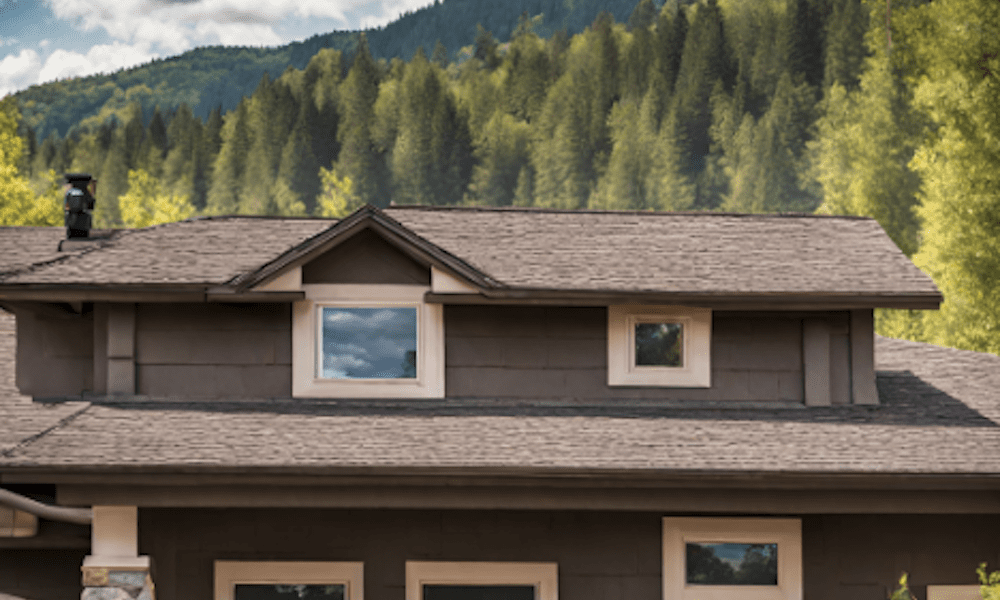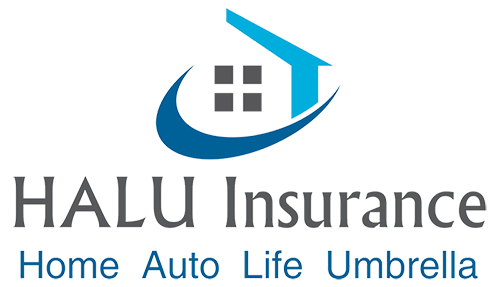
One of the key components of the structure built to protect your home, the roof is often the most vulnerable and overlooked. While the life span of the roof is longer, it won’t last forever making it critical to add the roof inspection to your home maintenance schedule at least once a year.
How long will my roof last?
There is a typical manufacture guideline runs from 15-30 years for the age of your roof depending on the type of material it is made of (metal, architectural shingle, asphalt shingle or others). However, every location is different and where you live can have a large impact on the lifespan of your roof. Sun exposure, snow, ice dam formation, higher altitudes, and wind can all work to chip years away from the life of your roof.
What are the signs I may need a new roof?
Loose or missing shingles on your roof break it’s protective barrier and can lead to more extensive home damage such as leaks, ceiling damage or flooding. Regularly inspecting the roof, can identify these issues and homeowners can make small repairs to ensure their roof maintains is protective barrier.
Cracked or curling shingles will occur over time from heat and moisture. Any curling will prevent the shingle from being seated properly and again open up the protective barrier to exposure to the elements leading to larger problems. Even metal roofs, concrete or clay tile roofscan warp, crack or curl.
Granules in the gutter, when your roof is 10 years or older can be a sign of a bigger issue. Those granules help keep the sun off the asphalt, and if they fall off then the shingles start absorbing higher temperatures which will quickly take years off the life of your roof.
Moss, algae, plants growth on or between the shingles or in any cracks are a sure sign that the barrier may have been breached. This means that gaps in your roof have already been in place for some time to allow plant growth or debris to set in. It is best to have a roofing professional take a look and determine the extend of the grown and whether it is a surface issue or has gone further.
Holes or water damage in your attic or top level ceilings of your home are indications that there is a problem with the roof. Inspecting the roof from the inside through any roof access panels or attics is important when you do your annual check. Seeing sunlight coming in through the inside of the roof or attic is means snow, wind and water can get in too. If you see this or see a water leak calling a roofing professional to figure out exactly where the leak is originating from or the extend of the damage is crucial.
Soft or Sagging roofs are one of the most severe signs of a failing roof and can mean structural damage has occurred. It is always easier to take care of it when it is small localized area than when the damage has expanded to a larger area or whole roof. If this is noticed, call in an expert as soon as you can so you can fix this issue.
Won’t my insurance policy pay for my roof?
Many people think they will wait until they have a total roof loss and it will get taken care of by insurance, but insurance won’t cover a roof that fails due to age. Insurance will cover a damaged roof that is damaged by a covered peril such as fire or hail.
The age and type of roof can be large factures in your home insurance rates, so keeping a roof on your home beyond its life can cost you more money annually.
Homeowners should keep up with the how much it costs for a roof repair in your area and factor that into your normal planned home maintenance expenditures in the event that your roof fails due to age.
When should I inspect my roof?
Plan on inspecting your roof in the spring to ensure that there has been no damage to your roof over the last winter. Going through extensive storms, hail or wind through the summer and the fall season may also necessitate an additional inspection in the fall before the winter weather sets in.
Getting to know your roof and regular checkups will help you protect one of your most important assets.
